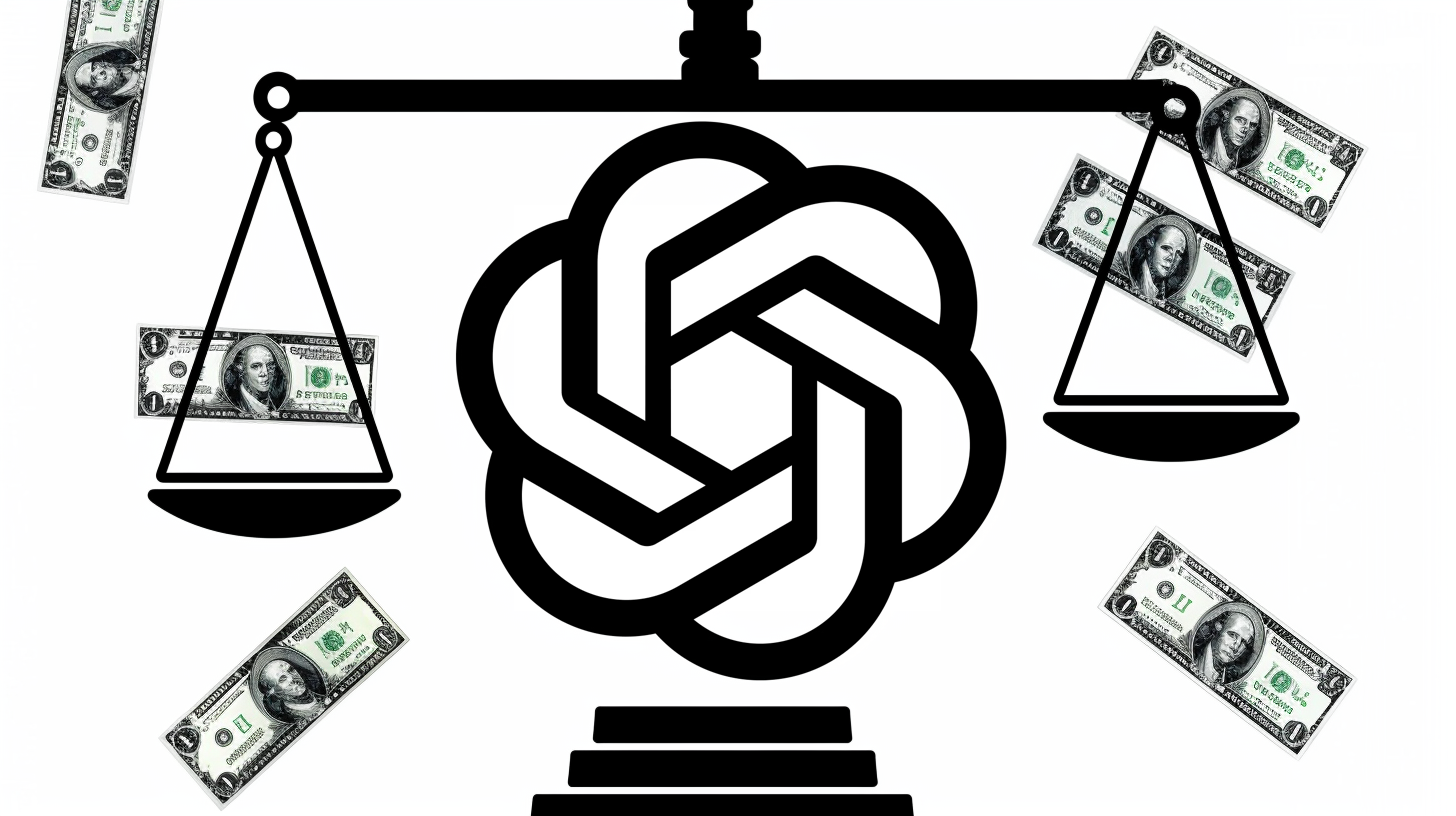Meta and Zuckerberg join Musk's legal fight against OpenAI's non-profit conversion

Meta CEO Mark Zuckerberg is backing Elon Musk's lawsuit against OpenAI over the AI company's shift from nonprofit to for-profit status.
Internal emails and documents show that Musk attempted to gain control of OpenAI in 2017, requesting between 50 and 60 percent of company shares along with the CEO position. Musk laid out a board structure where he would "unequivocally have initial control of the company," OpenAI states.
"On one call, Elon told us he didn’t care about equity personally but just needed to accumulate $80B for a city on Mars."
The OpenAI leadership team turned down Musk's demands. They worried he would keep complete control regardless of what he said, which led them to stop his attempted takeover.
"The goal of OpenAI is to make the future good and to avoid an AGI dictatorship," the team wrote in their email response to Musk. According to OpenAI, they later offered Musk shares in OpenAI LP multiple times, but he turned them down.
While some of these emails had already come to light during legal proceedings, OpenAI has now published the full exchange on its website, including a detailed timeline.
OpenAI's current stance toward Musk is straightforward: "You can't sue your way to AGI," the company states, suggesting "he should be competing in the marketplace rather than the courtroom."
Meta joins the fray
According to The Wall Street Journal, Meta has sent a letter to California Attorney General Rob Bonta requesting him to stop OpenAI's conversion to a for-profit company. Meta argues that OpenAI "should not be allowed to flout the law by taking and reappropriating assets it built as a charity and using them for potentially enormous private gains."
Meta's letter warns about broader implications for Silicon Valley. The company suggests that allowing OpenAI's restructuring could create a template for startups to launch as nonprofits, collect tax-free donations, and later convert to for-profit entities once their technology becomes commercially viable.
The outcome of the lawsuit holds significant consequences for OpenAI, as recent major investments, including those from Microsoft, depend on its conversion to a for-profit structure. If California authorities block this transformation, it could fundamentally threaten OpenAI's business model.
The alliance marks an unusual shift, as Zuckerberg and Musk have frequently clashed over AI and other issues in the past. After Musk said Zuckerberg had a "limited understanding" of AI, Zuckerberg responded in 2017 by dismissing Musk as a doomsday prophet who didn't understand AI, calling his pessimistic views irresponsible.
AI News Without the Hype – Curated by Humans
As a THE DECODER subscriber, you get ad-free reading, our weekly AI newsletter, the exclusive "AI Radar" Frontier Report 6× per year, access to comments, and our complete archive.
Subscribe nowAI news without the hype
Curated by humans.
- Over 20 percent launch discount.
- Read without distractions – no Google ads.
- Access to comments and community discussions.
- Weekly AI newsletter.
- 6 times a year: “AI Radar” – deep dives on key AI topics.
- Up to 25 % off on KI Pro online events.
- Access to our full ten-year archive.
- Get the latest AI news from The Decoder.